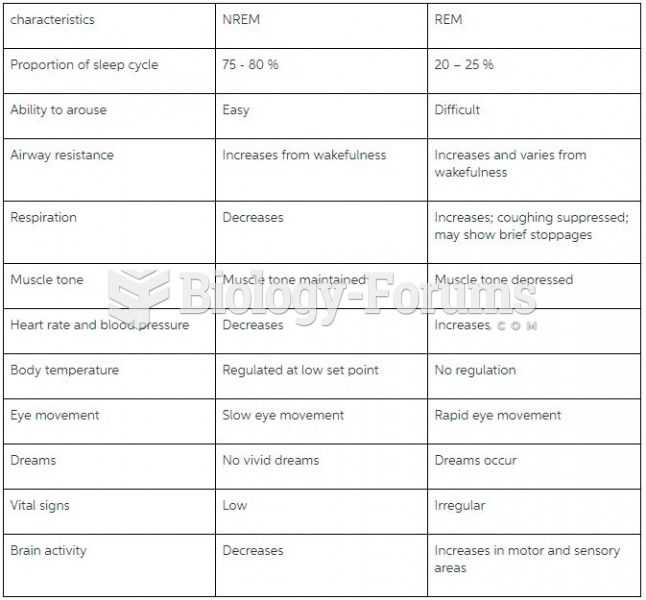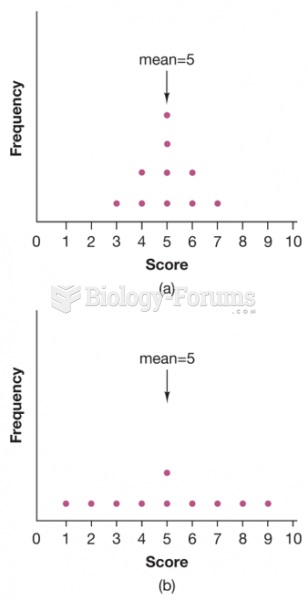Answer to Question 1
The typical felony offender is likely to be a young minority male. In addition, felony offenders are generally unemployed and undereducated; they are disproportionately members of the lower class (i.e., poor). Many also come from broken homes. Relative to typical felony offenders, workgroup members tend to be white, older, more educated, and more affluent. The differences between the two groups may lead to unfair prejudices or stereotypes about defendants.
Answer to Question 2
Trait
Early Puberty/Precocious Sexuality: Empirical evidence suggests that girls who reach puberty at an early age are at the highest risk for delinquency. Girls who are more sexually developed relative to their peers are more likely to socialize at an early age and to get involved in deviant behaviors, especially party deviance, such as drinking, smoking, and substance abuse. The association between early puberty and delinquency is also conditioned by such social factors as the quality of parenting, the nature of the school experience, and neighborhood conditions; each of these factors may exacerbate or ameliorate outcomes.
Hormonal Effects: One view is that hormonal imbalance may influence aggressive behavior. Another view is that excessive amounts of male hormones (androgens) are related to delinquency.
Premenstrual Syndrome: This issue is far from settled. While it is possible that the stress associated with menstruation produces crime, it is also possible that the stress of antisocial behavior produces early menstruation.
Aggression: Gender differences in the delinquency rate can be explained by inborn differences in aggression. Some psychologists believe that males are inherently more aggressivea condition that appears very early in life, before socialization can influence behavior.
Psychological
Because girls are socialized to be less aggressive than boys, it is possible that the young women who do get involved in antisocial and violent behaviors are suffering from some form of mental anguish or abnormality. Research indicates that antisocial adolescent girls do suffer a wide variety of psychiatric problems and have dysfunctional and violent relationships. Girls are more likely than boys to suffer mental health problems linked to life stressors and experiences of victimization, such as depression, anxiety, and post-traumatic stress disorder. Incarcerated adolescent female offenders have more acute mental health symptoms and psychological disturbances than male offenders.







